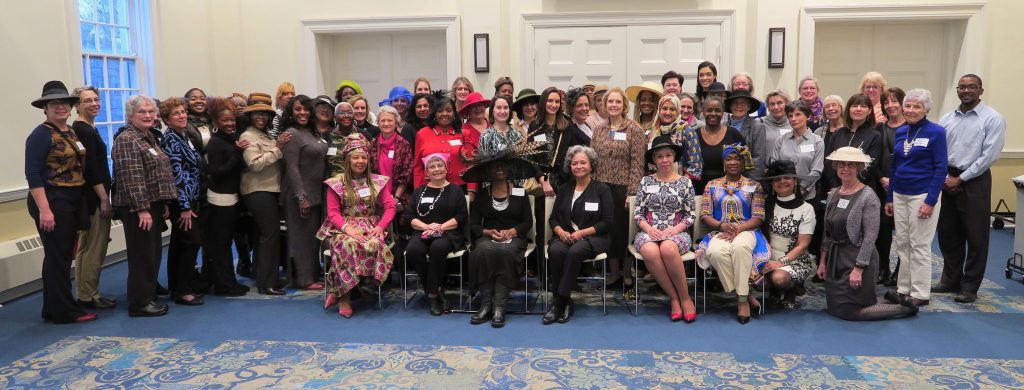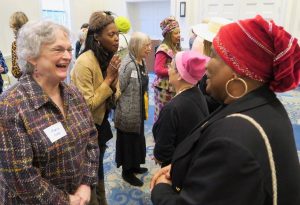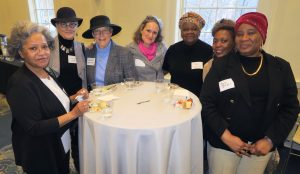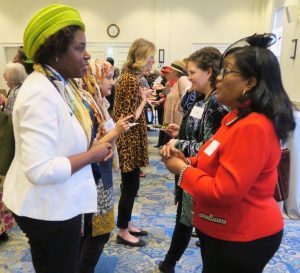
In Lent and Easter we observe the life, death, and resurrection of our Lord Jesus Christ. We examine our discipleship, scrutinize our Christian journeys, and acknowledge our need for repentance, mercy, and forgiveness.
Join us in worship and community this season.
Throughout Lent
Small Groups
Offering fellowship and community, Small Groups are working through the book Amazing Grace: A Vocabulary of Faith. Learn more and find a group.
Lenten Devotional
Don’t miss our church-wide, daily Lenten Devotional. Members and friends of the church have written meditations on Scripture to accompany us through the season of Lent. Read it here.
Easter Memorials
We remember and honor our loved ones by giving towards the Easter Sunday tulip display and brass ensemble. You can pick up an Easter Donation Card from the church office or email ">Taylor Austin by April 14, 2019.
| Saturday, Mar. 2 | Choral Evening Worship Rutter’s Mass of the Children 5:00 p.m. |
|
|
|
| Wednesday, Mar. 6 | Ash Wednesday Noon Communion Worship 12:00 p.m., Niles Chapel |
|
|
|
| Lenten Craft Fair 4:00–6:00 p.m., Assembly Room |
|
|
|
|
| Ash Wednesday Ecumenical Evening Communion Worship Co-Hosted by Princeton Presbyterians 7:30 p.m., Princeton United Methodist Church |
|
|
|
|
| Sunday, Mar. 10 | Lent I Communion Worship Luke 9:51–56 |
|
|
|
| Sunday, Mar. 17 | Lent II Worship Youth Sunday Luke 10:25–37 |
|
|
|
| Sunday, Mar. 24 | Lent III Worship Luke 10:38–42 |
|
|
|
| Sunday, Mar. 31 | Lent IV Worship Luke 13:22–30 |
|
|
|
| Sunday, Apr. 7 | Lent V Worship Luke 17:20–37 |
|
|
|
| Thursday, Apr. 11 | Nassau at Windrows Communion Worship 3:00 p.m., Windrows Wilson Gallery |
|
|
|
| Sunday, Apr. 14 | Palm Sunday Worship One Great Hour of Sharing Luke 18:18–30 |
|
|
|
| Tuesday, Apr. 16 | Nassau at Stonebridge Communion Worship 3:00 p.m., Stonebridge Auditorium |
|
|
|
| Thursday, Apr. 18 | Maundy Thursday Noon Communion Worship 12:00 p.m., Niles Chapel |
|
|
|
| Maundy Thursday Evening Communion Worship 7:30 p.m. |
|
|
|
|
| Friday, Apr. 19 | Good Friday Noon Worship 12:00 p.m. |
|
|
|
| Sunday, April 21 | Easter Sunrise Worship 6:00 a.m., Princeton Cemetery |
|
|
|
| Easter Worship 9:00 and 11:00 a.m. John 20:1–18 |
|
|
|
|
| Breaking Bread Easter Worship and Feast 6:30 p.m., Niles Chapel 7:30 p.m., Assembly Room |
|
|
|
|













